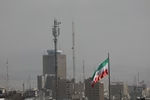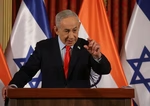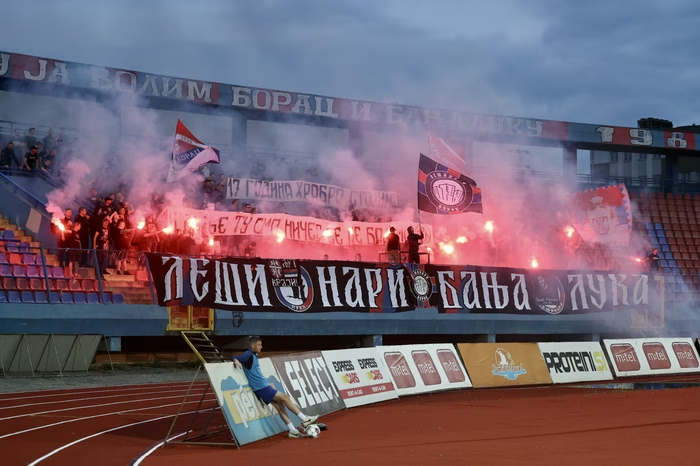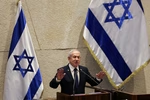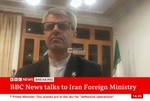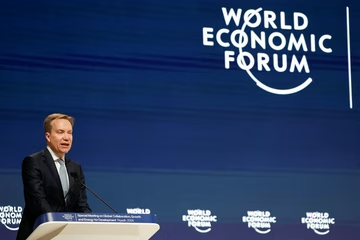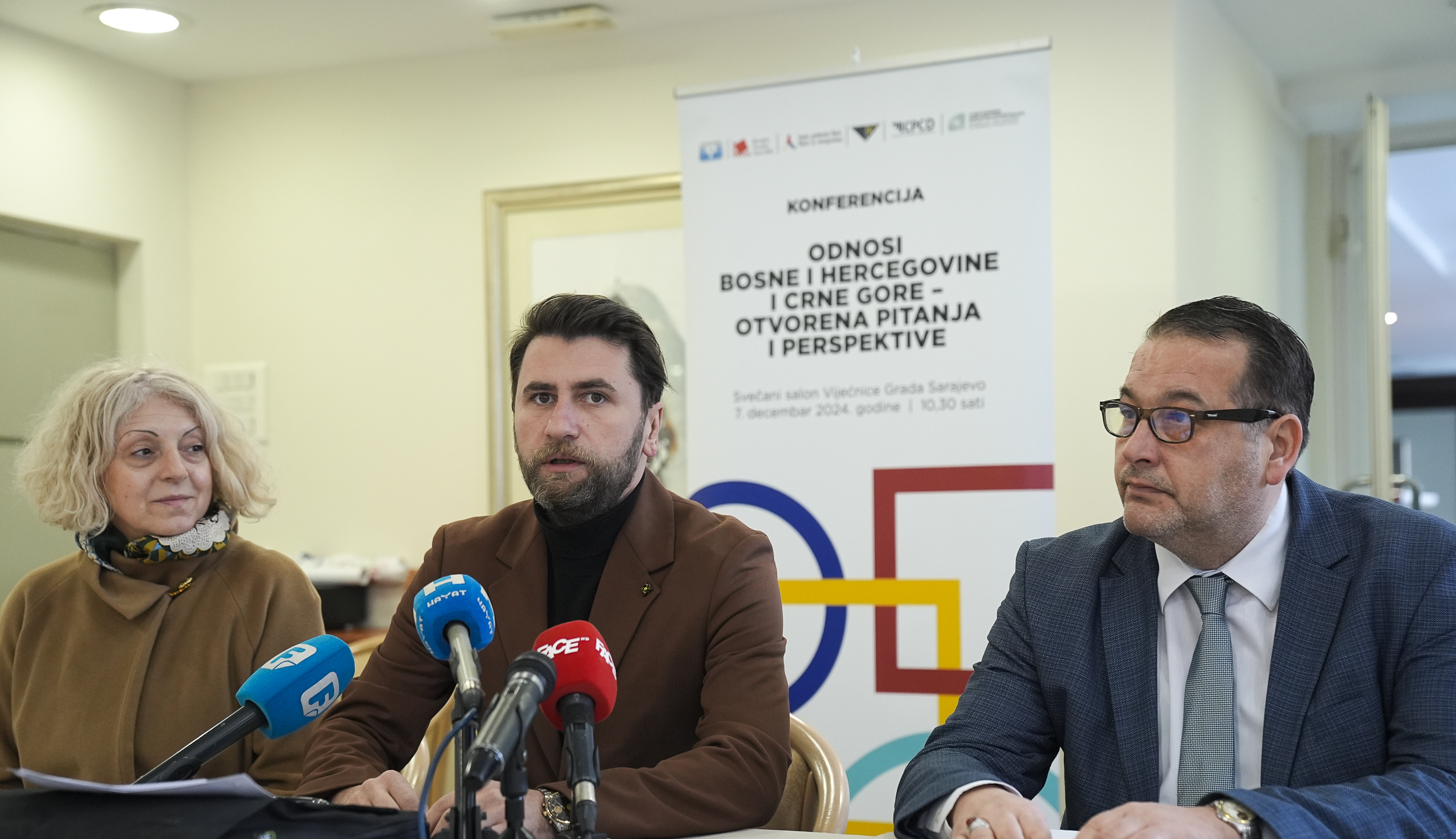
Civil society organisations and academics from BiH and Montenegro concluded at a conference titled "Relations between Bosnia and Herzegovina and Montenegro – Open Issues and Perspectives" on Sunday that the idea of the “Serbian world” and its “territorial ambitions” represent an obstacle to the progress of both countries.
At the conference, which took place in Sarajevo’s City Halll, Vladimir Andrle, president of the Organizing Committee and the Jewish Cultural and Educational Society La Benevolencija, stated that the main goal of the conference is “to raise awareness about the importance of good neighborly relations and to align stances that could pressure the governing structures in our countries to accelerate the opening of the European Union’s doors”.
Emir Zlatar, Secretary-General of the Council of the Congress of Bosniak Intellectuals, stressed that BiH and Montenegro stand at a crossroads.
"One path leads to the democratic West, while the other is shaped by nationalist forces within and outside our countries. It is a clash of democracy and progress versus ethnic and clerical nationalism, which leads to conflict. The European Union has opened the doors for accession talks with our countries, but we must meet the criteria ourselves. We will cross that threshold more easily and quickly if we work together. The stability of the Western Balkans guarantees the stability of Europe," the conclusions of the conference state.
Participants agreed that regional cooperation and networking among all civil society actors in the region are crucial for improving inter-state relations between Montenegro and Bosnia and Herzegovina.
"We are committed to preserving the multiethnic nature of our societies, ensuring equality for all citizens and peoples, and respecting their religions and worldviews. We insist on deeper and stronger comprehensive economic-political integration between Bosnia and Herzegovina and Montenegro as a prerequisite for strengthening the capacities of civic societies and achieving substantive Europeanization of the region," said Zlatar.
He emphasized the importance of collaboration in infrastructure development.
"We advocate for extensive cooperation aimed at forming shared, pluralistic, and creative cultural policies, respecting the cultural identities and specificities of each nation. We condemn the chauvinistic and clerical-nationalist denial of Montenegrin culture and nation, the unchecked desecration of Montenegro's national and state symbols, the discrimination against Montenegrin nationals, speakers of the Montenegrin language, and adherents and believers of the Montenegrin Orthodox Church. We also reject the adopted Declaration of the so-called ‘Serbian World’ and all other hegemonistic, mono-ethnic projects," Zlatar said.
The conference participants expressed strong support for the decisions of Montenegro's state authorities to accept UN court rulings, particularly regarding the genocide against Bosniaks and other war crimes committed in Bosnia and Herzegovina during the past war.
"We call on the Office of the High Representative in Bosnia and Herzegovina to prioritize the 2006 Council of Europe Parliamentary Assembly Resolution 1513 and the European Court of Human Rights rulings in the context of necessary constitutional changes in Bosnia and Herzegovina. As a sovereign and independent UN member state, Bosnia and Herzegovina needs a constitution based on European democratic principles," the participants stated.
They urged EU institutions continue to provide robust institutional support in the accession process for all Western Balkan states.
Biljana Jovicevic, a journalist and analyst from Montenegro, argued that the two countries, as well as others in the region, are facing similar problems.
"We determined that clerical nationalism and creeping fascism, embodied in the so-called ‘Serbian World,’ formerly known as ‘Greater Serbia,’ are major obstacles to the progress of our societies toward EU and NATO integration. However, we must find joint approaches and collaborative models, particularly in the civil sector," Jovicevic said.
Kasim Trnka, President of the Council of the Congress of Bosniak Intellectuals, concluded that there are no major unresolved issues between Bosnia and Herzegovina and Montenegro.
"One important matter we highlighted is finalizing the agreement between Montenegro and Bosnia and Herzegovina on border demarcation. Just as it is important to settle this between our countries, it is equally critical to signal to Bosnia and Herzegovina's other neighbors to also sign border agreements. This would be an exceptionally significant message affirming respect for Bosnia and Herzegovina's sovereignty and territorial integrity, and it would show there are no hidden territorial ambitions," Trnka said.
Kakvo je tvoje mišljenje o ovome?
Učestvuj u diskusiji ili pročitaj komentare





 Srbija
Srbija
 Hrvatska
Hrvatska
 Slovenija
Slovenija














